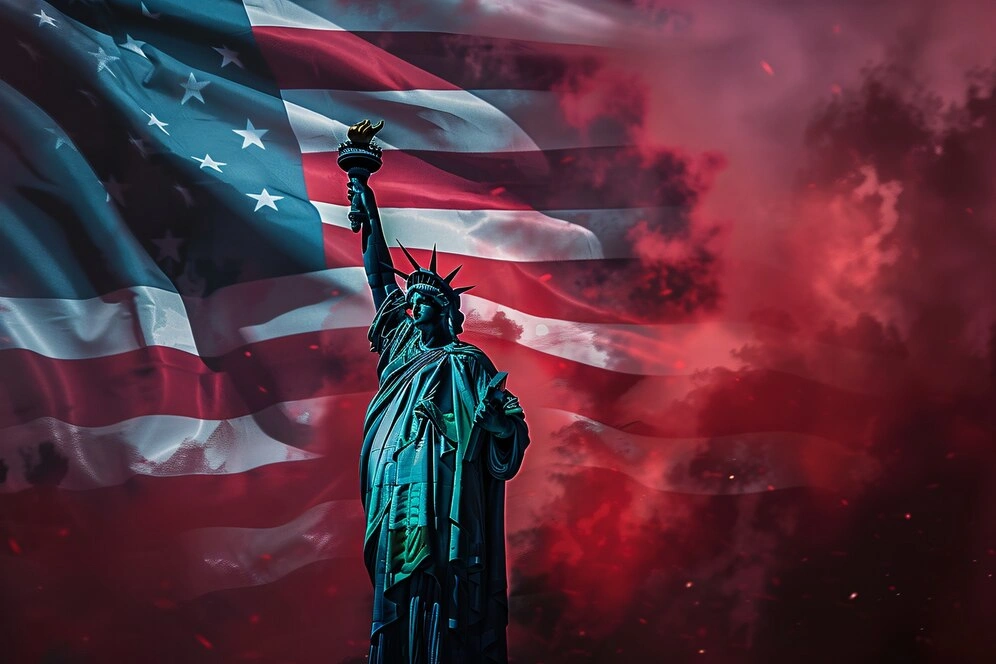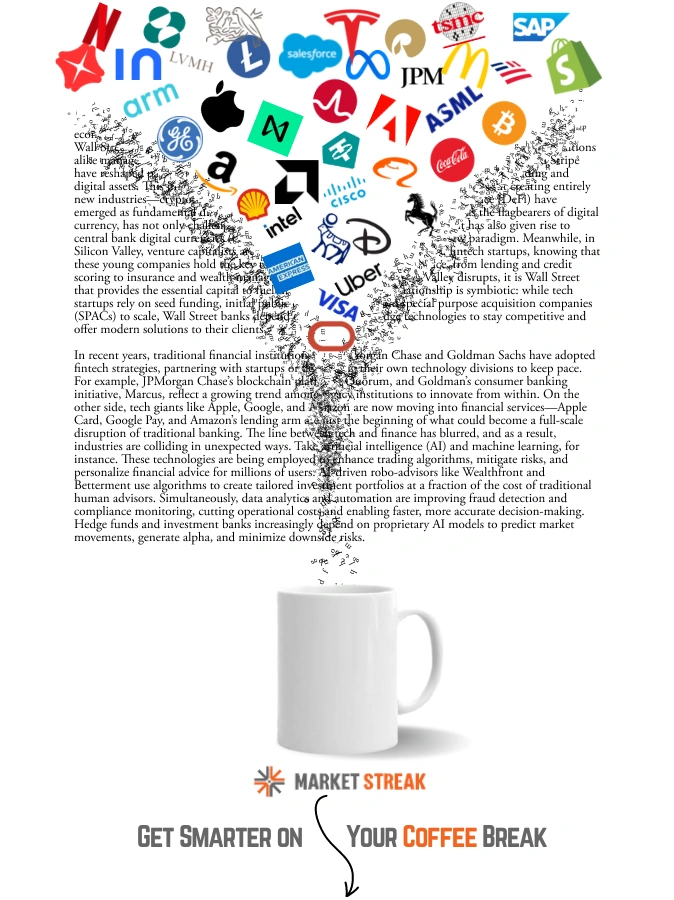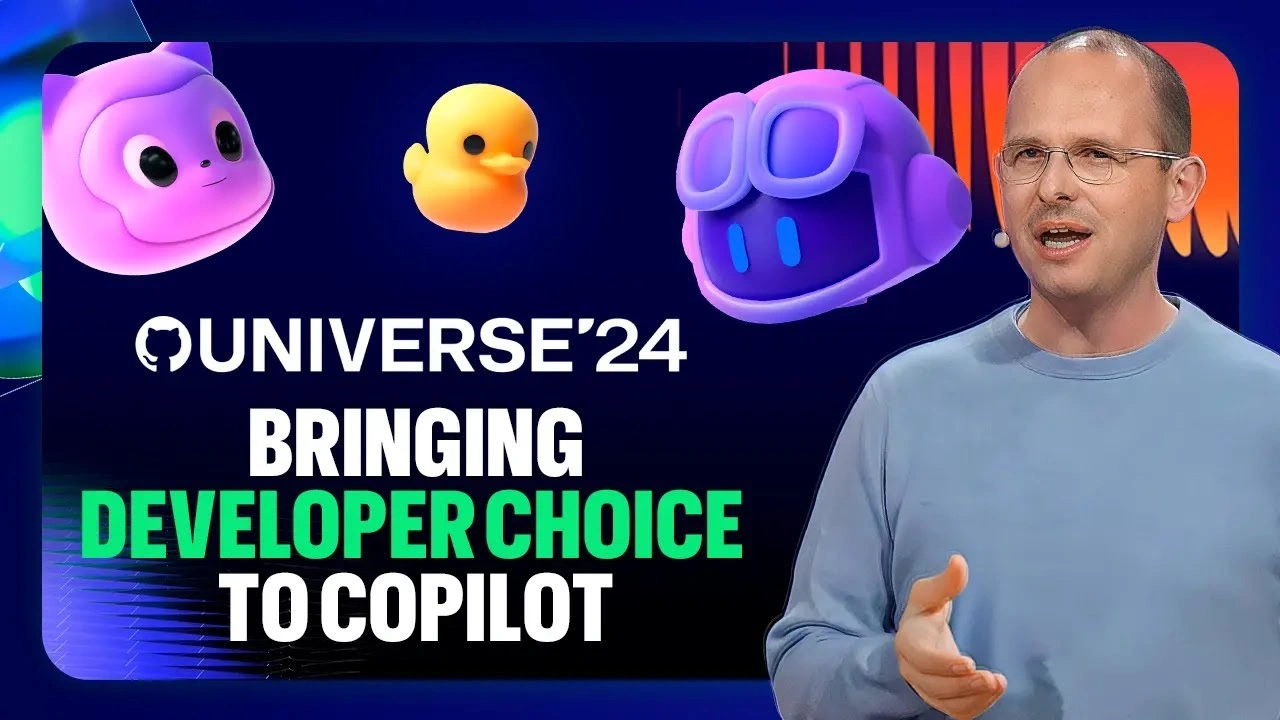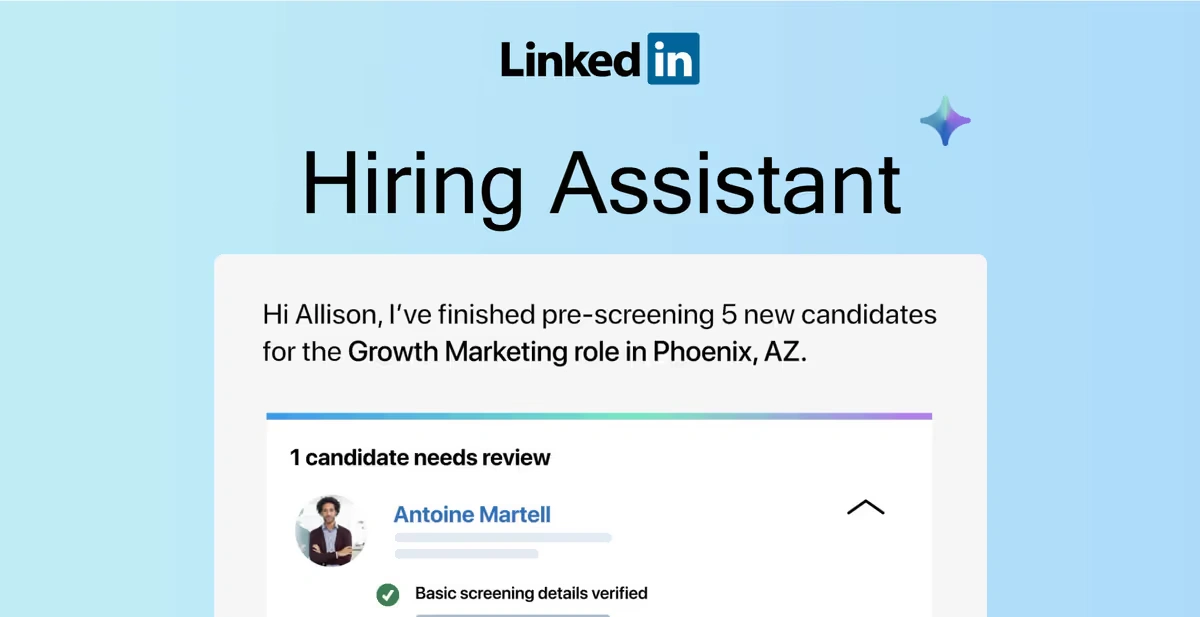Jeff Bezos
Elon Musk
Trump
Washington Post

Jeff Bezos
Elon Musk
Trump
Washington Post
A former top advisor to Jeff Bezos at Amazon has leveled harsh criticism at the Washington Post's last-minute decision to forgo a presidential endorsement, labeling the move "cowardly." Craig Berman, who served as Amazon's head of communications for nearly a decade, suggests that the Post's action, ostensibly aimed at boosting public trust in the media, may have been driven by more self-serving considerations, particularly regarding Bezos's personal interests and business ventures.
Bezos himself, in a recent "note from the owner" published in the Washington Post, attributed the decision to a need to address a perceived crisis of media distrust. He argued that presidential endorsements foster an impression of bias and compromise the paper's perceived independence. He acknowledged the poor timing – just weeks before the election – but insisted it was a result of "inadequate planning," dismissing any intentional strategic maneuvering.
However, Berman strongly disputes this explanation. He points to a complex interplay of factors, centering on the potential ramifications for Bezos's space exploration company, Blue Origin, should Donald Trump win the presidency. Berman's perspective, informed by his 14 years working closely with Bezos, emphasizes the significant personal importance Bezos places on Blue Origin.
"It's personal; it's his baby," Berman stated in an interview. "That's the one that matters to him right now." Bezos has repeatedly spoken of Blue Origin's existential importance, even declaring that "We have to go into space to save Earth." This ambitious vision underscores the immense stakes involved for Bezos, extending far beyond mere financial returns.
Blue Origin, however, relies heavily on government contracts for its survival. A significant portion of its funding comes from these deals, notably a substantial $3.4 billion NASA contract to develop a lunar lander. The company faces stiff competition, primarily from Elon Musk's SpaceX, a rivalry extending beyond government contracts to encompass talent acquisition and launchpad access.
The critical element linking Bezos's decision to the political landscape is Musk's outspoken support for Trump. Musk, who also leads Tesla and X (formerly Twitter), publicly endorsed Trump in July, donating over $100 million to his campaign and other Republican candidates. His enthusiastic backing has included appearances at multiple Trump rallies, cementing his position as a key figure in the Trump camp. Further fueling the speculation, Trump has publicly stated (although its credibility remains debated) that he would task Musk with leading a major initiative to slash government spending if re-elected.
According to Berman, Musk has always been a formidable competitor to Bezos, creating a high-stakes scenario. "You can't ignore the Elon context," Berman explained. "He's 100 percent Trump's guy, and I could imagine Jeff sitting there looking at this like, ‘Oh man, if Trump wins, it's bad enough because Elon has been with him this whole time. But if we endorse Harris too…that's a self-inflicted error.’ And at Amazon, he always talked about hating self-inflicted wounds."
Berman's theory posits that Bezos prioritized the long-term viability of Blue Origin – a venture he sees as crucial to humanity's future – over the potentially short-lived backlash from readers upset by the lack of an endorsement. This hypothesis gains further weight considering a report from the Associated Press detailing a meeting between Blue Origin's CEO, former Amazon executive Dave Limp, and Trump on the same day the Washington Post's decision was announced.
While Bezos maintains that the endorsement decision was principled and devoid of any quid pro quo, he admitted to being displeased by the timing of the Limp-Trump meeting, claiming he was unaware of it beforehand. "I sighed when I found out, because I knew it would provide ammunition to those who would like to frame this as anything other than a principled decision," Bezos wrote in his op-ed.
Berman, however, believes the timing was profoundly problematic, describing it as "complete Keystone Cops." He emphasized that the simultaneous announcement of the non-endorsement and the meeting between Limp and Trump created an impression of impropriety that Bezos would likely be deeply concerned about.
The history between Bezos and Trump further complicates the narrative. Trump, during his presidency, frequently attacked Amazon's postal service contract and the Washington Post's coverage of his administration. Conversely, Amazon initiated legal action against the Trump administration, accusing it of unjustly interfering with a $10 billion government cloud-computing contract.
This incident marks only the second time since 1976 that the Washington Post has refrained from endorsing a presidential candidate. The previous instance, in 1988, involved a detailed explanation to readers outlining the reasons for the decision. A similar instance also occurred during the 1930s and 40s. However, the Post has continued to publish endorsements in other local races this year, contradicting the official explanation that endorsements inherently generate perceived bias.
The public reaction has been significant. Reports indicate that more than 200,000 subscribers – approximately 8% of the paper's paying members – canceled their memberships in the days following the announcement. However, Berman anticipates that this substantial loss will not significantly concern Bezos.
"That is so not a problem for him," Berman stated. "The problem is if he endorses Kamala Harris and Trump wins, his Blue Origin business is fucked."
The sudden shift in the Washington Post's longstanding tradition raises significant questions about its editorial independence and the potential influence of outside factors. While Bezos's explanation emphasizes concerns about public trust, the timing and surrounding circumstances, as highlighted by Berman's analysis, fuel speculation about more complex motivations rooted in business strategy and personal interests. Berman's characterization of the decision as "cowardly" underscores the widespread perception that the Washington Post may have prioritized self-preservation over journalistic integrity. The fact that the decision was made so close to the election further exacerbates these concerns.
The confluence of business competition, political allegiances, and a high-stakes presidential election makes the Washington Post's decision a compelling case study of the intersection between media, politics, and powerful personal interests. The lingering questions surrounding the true motives behind the non-endorsement promise to continue fueling debate long after the election concludes. The potential consequences for the Post's reputation and public trust remain to be fully assessed. The impact on Blue Origin's future, and its relationship with potential government contracts, remains to be seen. Ultimately, the episode raises profound questions about the balance between editorial independence and the influence of the financial and personal interests of powerful media owners.
SHARE



news
30th October 2024


news
30th October 2024

news
30th October 2024

news
30th October 2024


news
30th October 2024

news
30th October 2024

news
30th October 2024